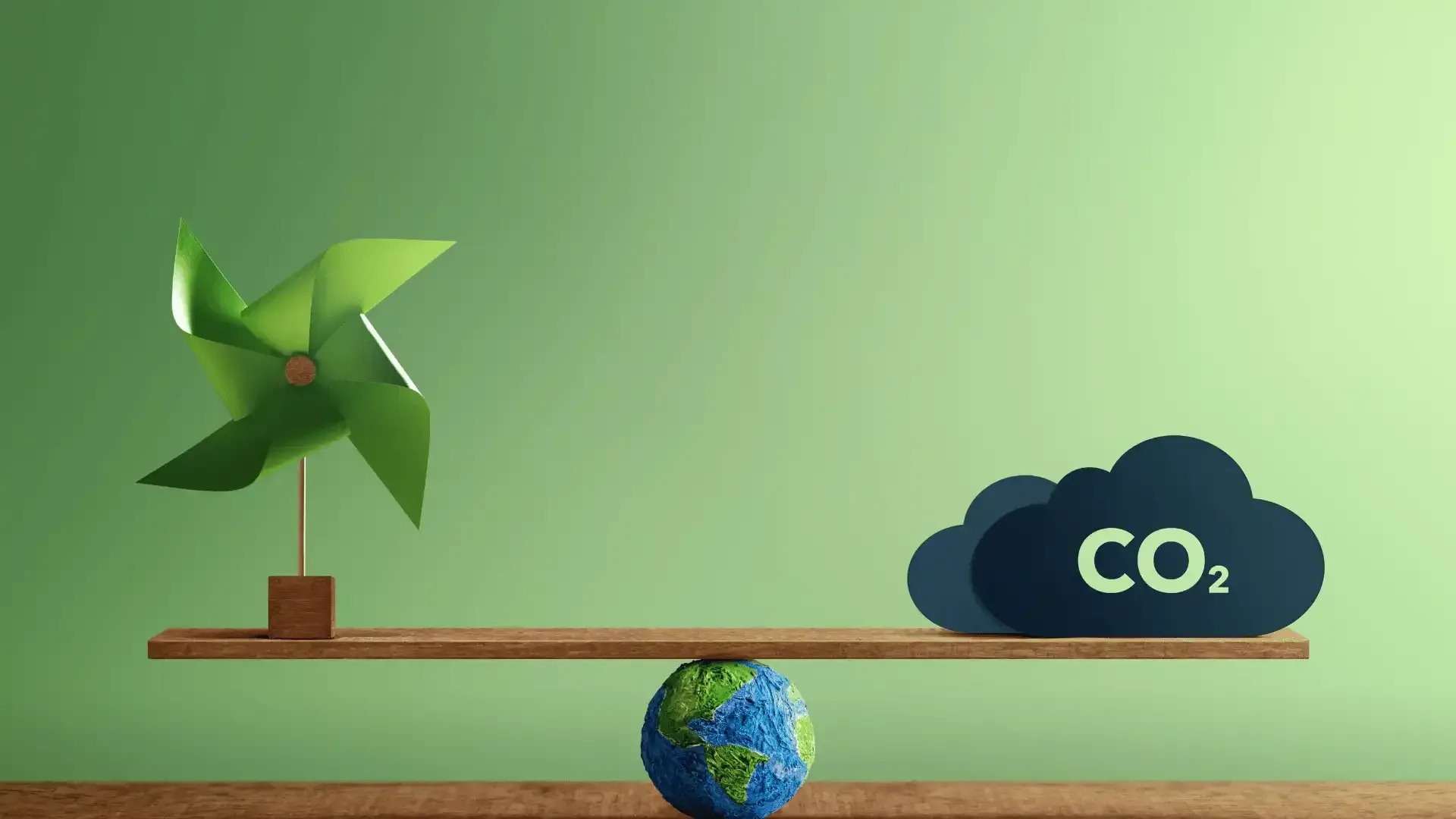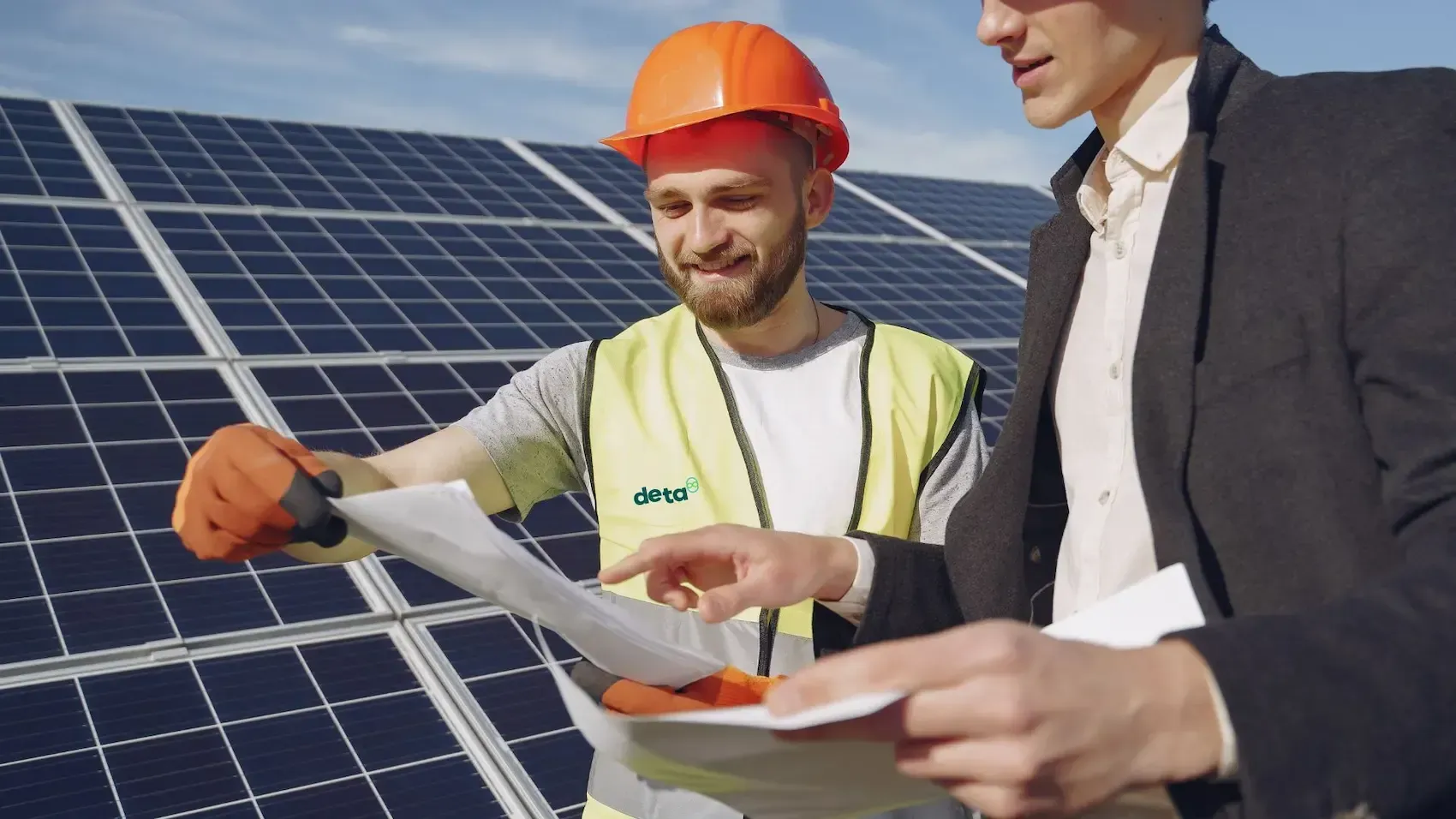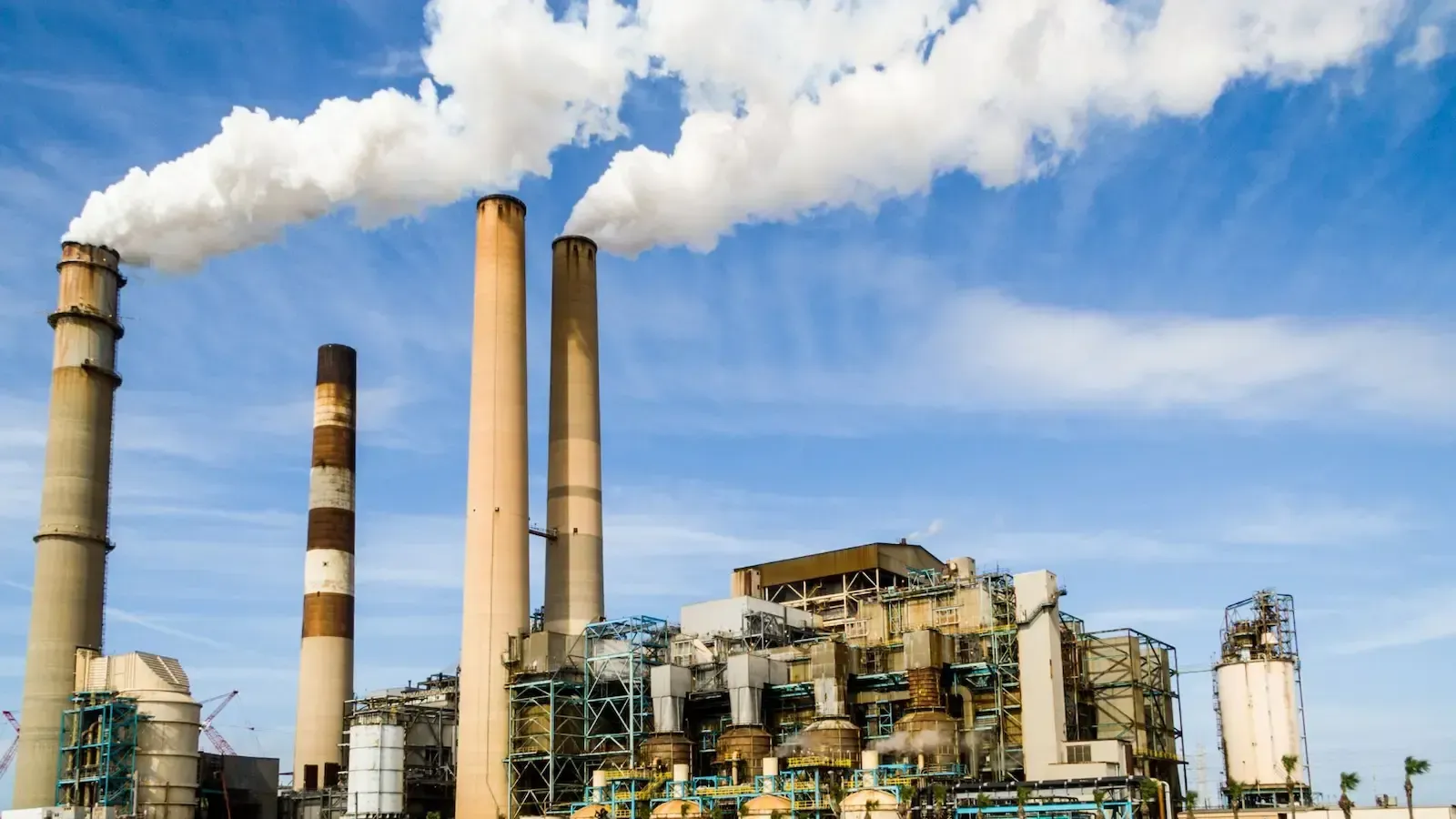Efficiency and climate change: breaking all the wrong records
It doesn’t take more than a cursory Google to find examples of extreme weather occurrences in 2023, not just in the Australasia region, but globally. From the wildfires in Canada, intense monsoons and heavy rains in India and the northeastern US, the world record breaking scorching summer temperatures in Europe and Asia, to the absolute devastation of Maui from fires fuelled by high winds and dry conditions, the impact has been widespread and a threat to life.
These extreme weather events are largely attributed to climate change, a consequence of continued human reliance on coal, oil, and natural gas to power our lifestyles. Climate scientists predict increased frequency and intensity of extreme weather without global energy management intervention unless there is a unified global effort to curb rising temperatures.
The impact of global warming: a closer look
- Rising sea levels: the global mean sea level has risen between 21–24 centimetres since 1880 due to the melting of glaciers and polar ice caps, and the thermal expansion of seawater as it warms. Coastlines typically have high density populations, 8 out of 10 of the world’s largest cities are near the coast, rising sea levels threaten the infrastructure necessary to support them: roads, bridges, water supplies, energy supplies, sewage treatment plants and waste water management- the list is endless.
- Extreme weather events: the altered temperature dynamics influence atmospheric circulation. Areas of high-pressure trap hot air causing temperatures to soar over large areas creating heat domes, resulting in extended droughts, heatwaves, and wildfires. For every 1C rise in average temperature, the atmosphere holds around 7% more moisture causing changes to precipitation patterns. The likelihood and intensity of these events pose significant challenges to ecosystems, communities, and global stability.
- Disruption of ecosystems: we are reliant on natural ecosystem structures and their functions – the air we breathe, the water we drink and the food we eat. Various biological processes are influenced by temperatures, from the timings of leaves opening, the development of fruit through to insects hatching and fish spawning. The relationship between the natural world and our survival relies on the delicate balance of ecosystems.
- Social and economic disparities: vulnerable and impoverished communities bear a disproportionate burden of the impacts of climate change. The limited financial resources restrict their capacity to prepare for or respond to the economic, social, and health consequences from climate change. As a result, people may be forced to migrate leading to the emergence of climate refugees and potential geopolitical challenges.

Is 1.5C the magic number?
In 2015, 195 countries signed the Paris Agreement, committing to limit the increase of the global average temperature to "well below 2C above pre-industrial levels" and aiming for a stricter limit of 1.5C. The latter was considered an achievable benchmark for even the small island states and the least developed countries to deliver within the timeframe, but also to act as a defence line to prevent further deterioration and the severe irreversible climate effects associated with a 2C plus increase.
Setting a 1.5C target like this has been advantageous: it’s simple and clear to understand, and most importantly measurable. But viewed independently without considering the scientific evidence and the real-world impact behind the target, such a small figure could be construed as insignificant. However, it’s crucial to recognise this narrow target is anything but trivial.
So, is 1.5C the magic number? While global efforts aim to keep temperatures below the 1.5C limit over the long term, variations in regional and seasonal conditions mean that extreme weather events are increasingly occurring, even without reaching the threshold – the reality is 1.5C isn’t likely enough, but it is attainable.
Beyond a number
As of 2022, the average global temperature has risen by around 1.15C above preindustrial levels. Forecasts from the World Meteorological Organisation (WMO) indicate a 66 percent probability of surpassing the critical 1.5C threshold within the next four years. This escalation is attributed to human-induced climate change, coupled with the influence of a warming El Niño phenomenon.
The Intergovernmental Panel on Climate Change (IPCC) considers the long-term goal of staying below the 1.5C threshold can be met if carbon dioxide emissions are halved by 2030 and the world collectively works together to achieve net-zero emissions by 2050.

Action now to benefit the future
At an individual level, you have the opportunity to make positive choices today to address your personal emission contributions to reduce the impact (such as transportation and energy consumption). However, it is the business and industry leaders who have the power to make the biggest changes. Compelling people to make changes often requires a shift in mindset and a realisation of how process optimisation benefits the climate, but also the profitability of the business – and this is where DETA excels. Energy consultants in NZ/Australia play a crucial role in advising businesses and corporations on energy audit and management, energy efficiency services, and sustainable practices.
Innovations in various fields, including energy, are essential to achieving this 1.5C goal. Our energy consultants in NZ/Australia, sustainability consultants, and ESG consultants are valuable resources for businesses and individuals looking to adopt sustainable and streamlined business practices. They provide expertise in areas such as energy efficiency, carbon management, wastewater management, sustainability consulting, and industrial project management.
Additionally, DETA sustainability consultants in NZ/Australia and ESG consultants develop strategies for decarbonisation and managing carbon footprints. By focusing on identifying and implementing practical and realistic improvements, we help businesses make positive long-term impacts to organisational performance, efficiency and the environment for the lowest cost.
A sustainable and lucrative future starts with embracing responsible business practices. Whether you are at the start of your carbon emission journey or would like us to review your current strategy and its outcomes through our energy audit services, get in touch. DETA can help you reshape your business for a bright future.
We have teams currently delivering projects across Aotearoa New Zealand, Australia, and the Pacific, click here for your regions contact details.





